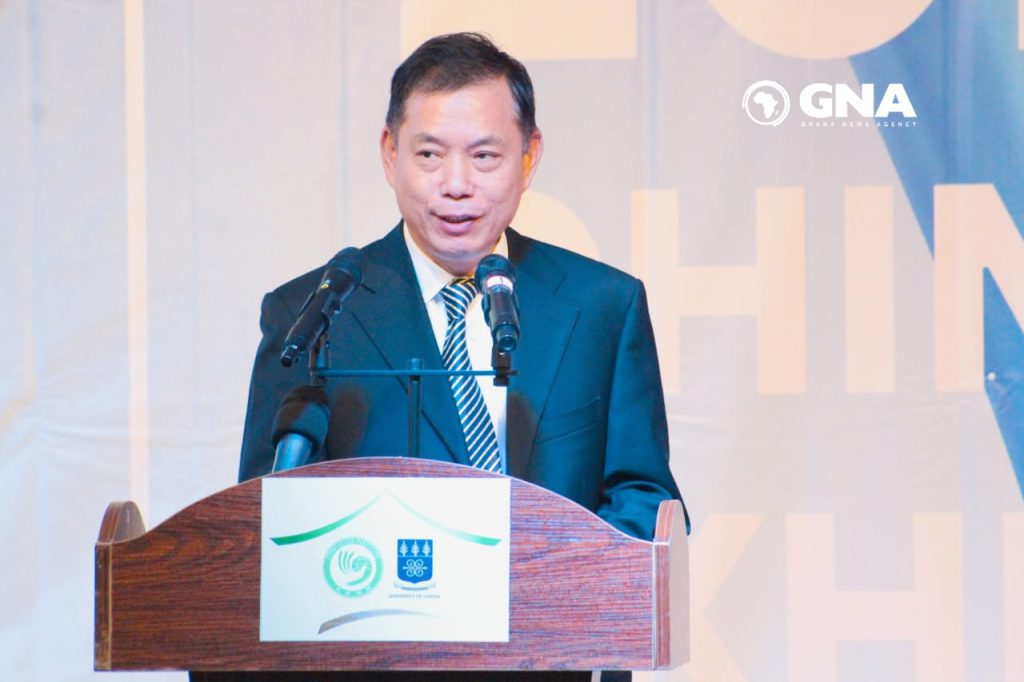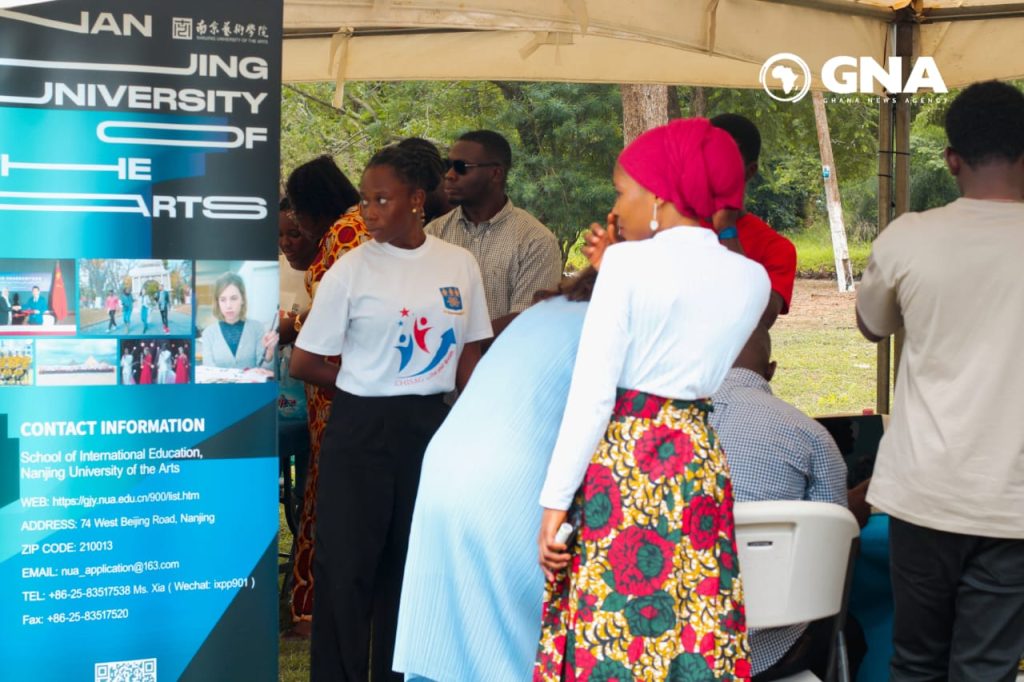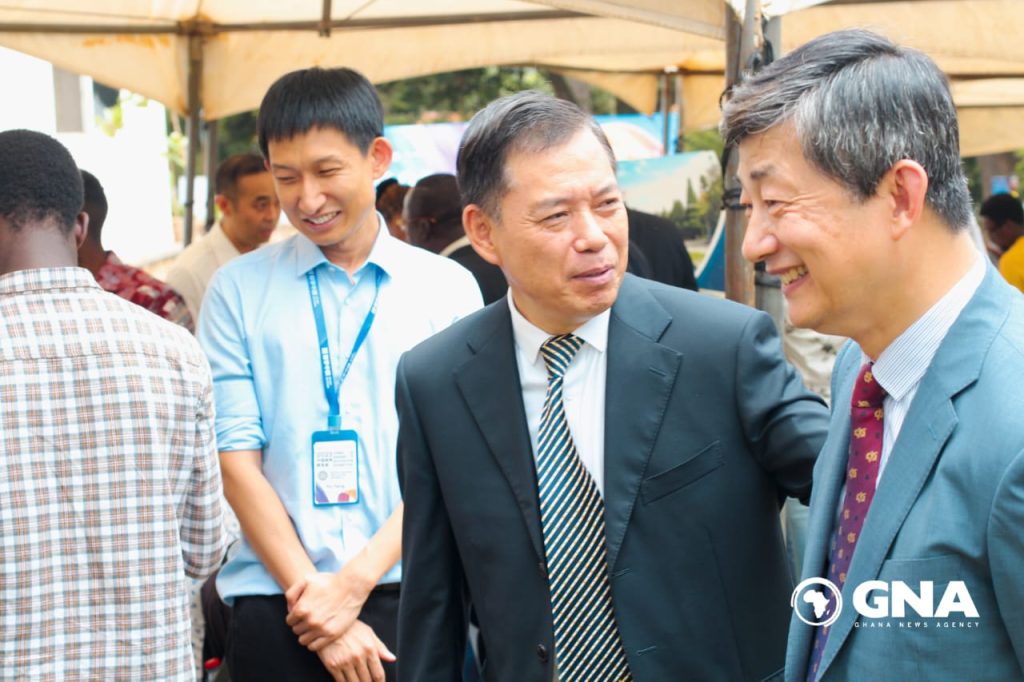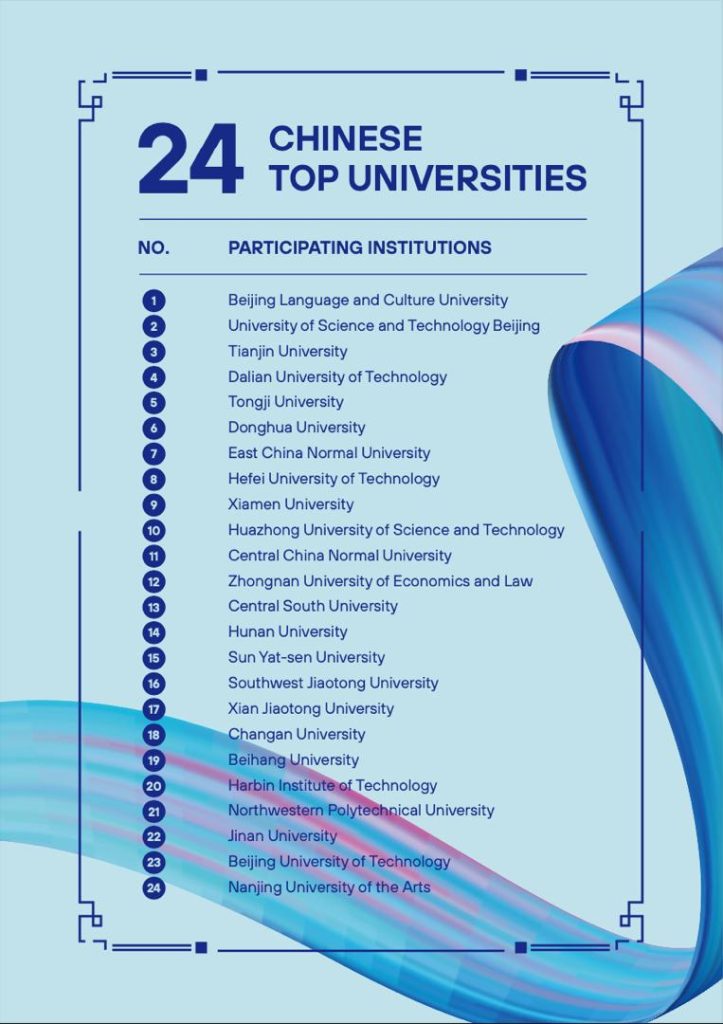By Iddi Yire
Accra, Oct 12, GNA – A Chinese delegation of 24 top universities has held an exhibition at the Confucius Institute of the University of Ghana in Accra.
The exhibition, which was opened by Mr Lu Kun, the Chinese Ambassador to Ghana, seeks to attract more Ghanaian students for admission into Chinese universities.
The 24 top universities, some of which specialise in Science and Technology, Economics and Law and Polytechnic Education, took turns to explain to students on the benefits of studying in China.
The Universities include the Beijing Language and Culture University, University of Science and Technology Beijing, Tianjin University, Dalian University of Technology, Tongji University, Donghua University, East China Normal University, Hefei University of Technology, Xiamen University and Huazhong University of Science and Technology.
The rest are: Central China Normal University, Zhongnan University of Economics and Law, Central South University, Hunan University, Sun Yat-sen University, Southwest Jiaotong University, Xian Jiaotong University, Changan University, Beihang University, Harbin Institute of Technology, Northwestern Polytechnical University, Jinan University, Beijing University of Technology and Nanjing University of the Arts.
The event was organised by the China Scholarship Council in collaboration with the Chinese Embassy in Accra, Ghana’s Ministry of Education and the Confucius Institute of the University of Ghana.
Ambassador Lu said the exhibition sought to offer prospective students the opportunity to apply for scholarships to study in China and become envoys of cultural exchanges and promote friendship between the two peoples.
He said China welcomed talented Ghanaian students to study in Chinese universities, experience China’s development, learn Chinese culture and make Chinese friends.
He said the Embassy would continue to support the academic pursuit of Ghanaian students in China.

He expressed his special thanks to the China Scholarship Council for choosing Ghana to host the Education Exhibition.
“This is the first overseas exhibition held by the Council on campus, since the COVID-19 pandemic,” he said.
He noted that the delegation had only visited Ghana and Egypt, which made Ghana the only destination in sub-Saharan Africa.
“This special arrangement reflects the great importance the Chinese Government attaches to Ghana, as an education hub in the region and beyond,” he explained.
He said Ghana firmly abided by the one-China principle; adding that Ghana also actively supported China on the issues concerning China’s core interests, such as human rights, developing country status and COVID-19, which China deeply appreciated.
He said there were three Confucius Institute in Ghana – at the University of Ghana, the University of Cape Coast, and the Kwame Nkrumah University of Science and Technology, respectively.

The Ambassador said at present, more than 10,000 students at various levels were learning Chinese in Ghana.
“It is estimated that more than 6,500 Ghanaian students study in China, ranking it the second among all African countries for many consecutive years,” he stated.
Dr Yaw Osei Adutwum, Ghana’s Minister of Education, said China’s higher educational system had long been celebrated for its unwavering commitment to excellence, innovation and research.
He also lauded China for positioning itself as a global leader in higher education.
Professor Nana Aba Appiah Amfo, Vice-Chancellor, University of Ghana, in a speech read on her behalf, said the first Confucius Institute in Ghana was inaugurated in 2013, and started operations in 2014 when the first Ghanaian and Chinese Directors were appointed.
This, she said, had improved the opportunities for students in their undergraduate Chinese programme and others outside their programme to learn Chinese language and Culture.

“Thus, more of our students are getting to study in China with varying levels of support from the China Scholarship Council as well as host universities,” she said.
The Vice Chancellor, while commending China for offering scholarships to Ghanaian students, also appealed for more scholarship opportunities so that the students could enhance educational and cultural exchanges between the two countries.
Mr Sheng Jianxue, Secretary-General of the China Scholarship Council, said the China Scholarship Council was willing to use the exhibition as a platform of educational exchange to strengthen the relationship between China and Ghana in higher education.
This, he noted, would go a long way to consolidate cooperation between Chinese universities and their Ghanaian counterparts.
It would also support the two-way flow of students and scholars, thereby promoting extensive exchange and mutual learning.

GNA